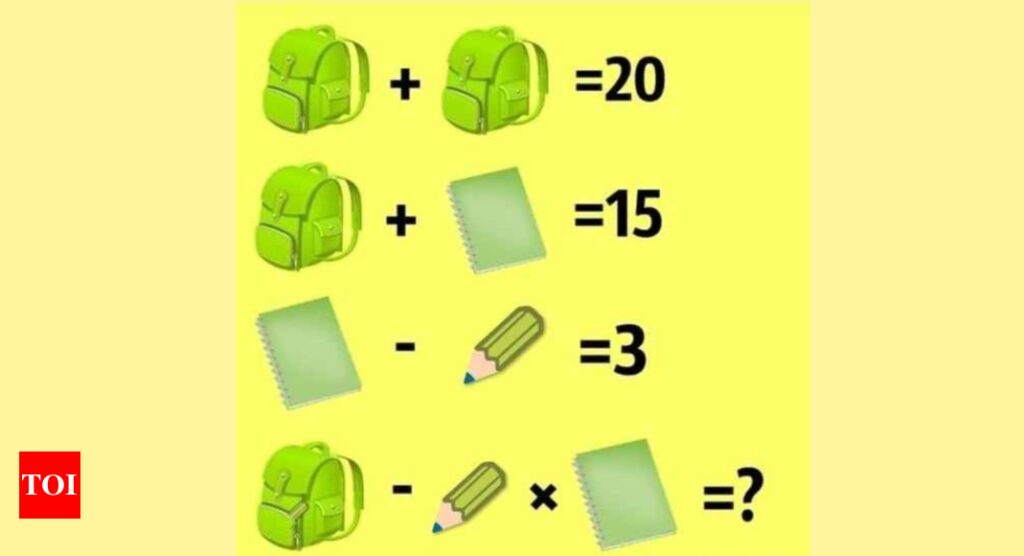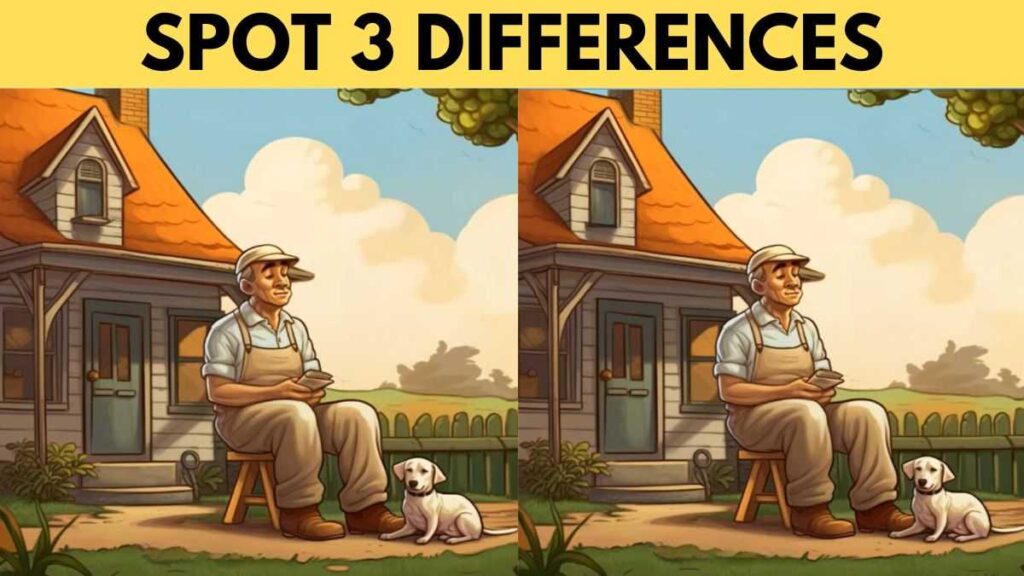If you are a fan of optical illusions then this is a challenge that can test your observation skills. Somewhere in this image of a boat, a clock is clearly hidden. But here’s the catch: you only have 8 seconds to find it. Think you’re ready for it? Let’s explore and see if you can spot this sneaky item in time! Optical illusions aren’t just fun puzzles—they’re also great for your brain. Solving visual challenges like these improves your focus, attention to detail, and problem-solving skills. Plus, they can be a great break from daily stress, giving your mind a chance to reset and focus on something engaging.
Credit: Jagran Josh
So when you search for the hidden clock, remember: not only are you testing your eyesight, but you’re also training your brain! Before starting the challenge, here’s a quick tip: Don’t focus on the entire picture at once. Try scanning each part of the boat. This strategy can help you spot hidden details faster, which is essential when you’re racing against time. Are you ready? Set your timer to 8 seconds and… go! If you find it within 8 seconds, congratulations! You are certainly among the “brave people” with a keen eye for detail. However, if the clock is still hidden, don’t worry; It’s not easy to spot on the first try. Optical illusions are complex because they play with shapes, colors and shadows, making it difficult for our brains to pick out specific objects. Don’t keep you guessing any longer, though. Here’s a hint: The watch is cleverly hidden in the lower left corner of the image. If you look closely, you’ll notice it blends in with the surrounding textures, which is why it’s so difficult to see.
Credit: Jagran Josh
Optical illusions like this work by taking advantage of the way our brains process visual information. When we look at an image, our brains automatically try to understand it by finding patterns, filling in the gaps, and focusing on the most prominent elements. This natural process can sometimes cause us to overlook small or hidden details—like a watch hidden on a boat. These puzzles also show us how our minds can sometimes be “tricked” by simple visual cues. When an object blends into its surroundings, it is easy to miss even when it is right in front of us. That’s the magic (and frustration!) of optical illusions.


